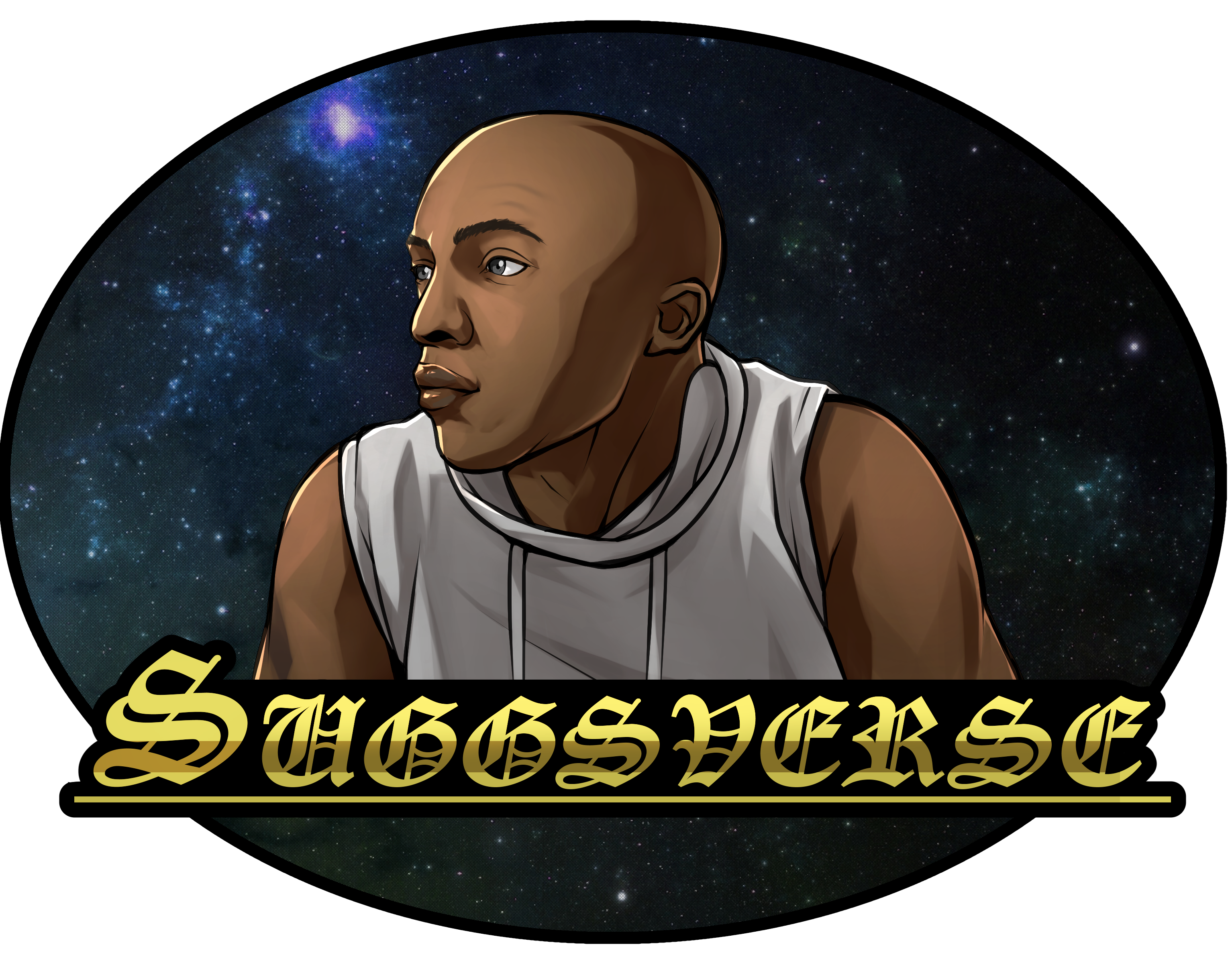Chapter 18: Resonance in the Void
Lisetta's consciousness flickered like a dying ember in the pitch-black expanse. Her form, once vibrant and filled with vitality, now reduced to a barely perceptible wisp, drifted aimlessly in the silence beyond transfictional nothingness. It was a void that existed beyond voids, a space where even the concept of nothingness itself had been negated. There was no light, no dark, no time, no existence—only a boundless, suffocating emptiness.

Yet, paradoxically, Lisetta could still think, could still perceive the faint echoes of her own thoughts, though they were faint and fleeting. "Where am I?" she wondered, though there was no voice to utter the words, no ears to hear them, only the persistent, unnerving awareness that she was alone in a place where even loneliness should not exist.
She tried to recall how she had ended up here, but the memories were hazy, as though they were being drained of substance just as she was. She remembered the fight against Noah Patienceresin and Destrier Valorresin at the Crossroads of Chaos' Heart. She had fought valiantly, pushing her abilities to their very limits, but in the end, it hadn’t been enough. Her very essence had been unraveled, her existence unwritten by the overwhelming forces of negation, and now she was here—wherever here was.
But Lisetta was not one to give up easily. Somewhere within the recesses of her mind, a spark of defiance flared, refusing to be extinguished. "I’m still here," she thought. "I’m still me."
In this void, this emptiness, there were no landmarks, no guides, no rules. But that also meant there were no limitations, no boundaries to what she could do, if only she could figure out how. She concentrated, focusing all that remained of her willpower on that one thought: "I’m still me."
The first trial came without warning, a sudden onslaught of endless negation that descended upon her like a tidal wave. It was as though the void itself was attempting to erase her completely, to snuff out that last flickering spark of her identity. The pressure was immense, crushing, and it took everything Lisetta had to push back against it. The negation was absolute, reaching deep into the very fabric of her being, threatening to unravel her once again, but she resisted.
She remembered what it had felt like to exist, to be Lisetta, and she clung to that memory, using it as an anchor in the storm. Slowly, agonizingly, she began to push the negation back, reclaiming fragments of herself piece by piece. It was a torturous process, but she refused to give in.
As she fought, she began to realize that this was more than just a trial of endurance—it was a trial of identity. The void was testing her, challenging her to prove that she deserved to exist. "I am Lisetta," she repeated to herself, over and over again, until the negation began to falter, unable to completely erase something that was so firmly rooted in reality.
The second trial was one of subtraction, a systematic stripping away of everything that made her who she was. It started with her memories, slowly erasing the people she had known, the places she had been, and the experiences that had shaped her into the person she had become. Each memory lost was like a knife to the heart, a piece of herself torn away, leaving her feeling hollow and incomplete.
But even as the memories faded, Lisetta refused to let them go completely. She couldn’t stop the subtraction, but she could still hold onto the emotions, the feelings that those memories had evoked. She couldn’t remember the battles she had fought, but she could remember the thrill of victory, the determination to protect those she cared about.
As the trial continued, Lisetta realized that even without her memories, she was still her. The core of her identity wasn’t defined by the things she had done or the people she had known—it was something deeper, something that couldn’t be subtracted away.
The third trial was one of endless pataphysical negation. The very rules of the void seemed to shift and warp around her, making it impossible to tell what was nonexistence and what was nothingness. The stillness that should have been immutable was suddenly fluid, changing at a whim. The void looped and twisted in on itself, pure potentiality broke down.
But Lisetta had faced chaos before, and she had learned how to adapt. She let go of her need for stability, for consistency, and instead embraced the unpredictability of her surroundings. She became a part of the chaos, flowing with it rather than fighting against it. In doing so, she found that she could navigate the ever-shifting landscape of the trial, avoiding the traps and pitfalls that were designed to ensnare her.
The more she adapted, the more she realized that the chaos wasn’t truly random—it had a pattern, a rhythm, and once she had attuned herself to it, she could anticipate the changes before they happened. She danced through the trial, her movements graceful and fluid, until the chaos itself seemed to accept her, acknowledging her as a worthy opponent.
The fourth trial was the hardest yet. It was one of transfictional negation, a complete and utter erasure of her story, her narrative, from the fabric of existence. It was as though someone had taken an eraser to the pages of a book, removing not just the words, but the very meaning behind them. Lisetta could feel herself fading, becoming nothing more than a forgotten idea, a character that had never been written.
But even as her story was being unwritten, Lisetta refused to disappear. She was more than just a character in someone else’s story—she was the author of her own fate. She began to write herself back into existence, creating a new narrative out of the nothingness that surrounded her. It was a story of defiance, of resilience, of a woman who refused to be erased.
With each word she wrote, she became more real, more solid, until finally, she had rewritten herself back into existence, stronger and more determined than ever.
The final trial was one of pure negation. It was a force that went beyond anything she had faced before, a negation so absolute that it threatened to erase not just her existence, but the very principle of her itself. It was a void beyond voids, a nothingness that was more than just the absence of something—it was the absence of everything.
Lisetta knew that she couldn’t fight this trial the way she had fought the others. This was a force that was beyond her comprehension, beyond her ability to resist. But even so, she wasn’t willing to give up. She had come too far, fought too hard, to be erased now.
She let go of everything—her memories, her identity, her very sense of self—and embraced the nothingness. She became a part of it, a fragment of the void, and in doing so, she found a way to coexist with it. She was neither here nor there, neither real nor imaginary. She was both and neither at the same time.
And in that moment, she understood. The void wasn’t her enemy—it was a part of her, just as she was a part of it. She had been fighting against something that was fundamentally a part of her own nature, and now that she had accepted it, the trial was over.
Lisetta opened her eyes, and she was back. She was no longer in the void beyond voids, no longer being erased by the forces of negation. She was standing in the middle of a desolate landscape, the remnants of the Crossroads of Chaos' Heart scattered around her.

Lisetta stood as a striking figure, defined by her short, platinum-blonde hair that contrasted beautifully with her warm, bronze skin. Her delicate features include high cheekbones, full lips, and large, expressive eyes that carry a mysterious allure. Her physique is both athletic and feminine, with a toned, slender frame that moves with a dancer's grace. Her sense of style blended elegance with a hint of sensuality, accentuating her natural beauty. Lisetta’s appearance reflects both her strength and the enigmatic, alluring aura she carries.
She had done it. She had survived.
But as she looked around, she realized that she wasn’t alone. There, standing a few feet away, was Chalice. His hand was outstretched, his eyes filled with concern and relief.
"Chalice," she whispered, her voice trembling with emotion.
He didn’t say anything, just smiled and pulled her into a tight embrace. Lisetta felt tears prick at the corners of her eyes as she buried her face in his chest, feeling the warmth of his body against hers. He had saved her, had gone through the void to pull her out, and in doing so, he had shown her that she wasn’t alone.
"I thought I had lost you," she murmured, her voice muffled by his shirt.
"You’ll never lose me," Chalice replied softly, his hand gently stroking her hair. "Not as long as I’m here."
For the first time in what felt like an eternity, Lisetta felt a sense of peace. She had been through hell and back, had faced trials that had pushed her to her very limits, but in the end, she had survived. And now, she was back where she belonged—in Chalice’s arms.
As they stood there, holding each other in the ruins of the Crossroads, Lisetta made a silent vow to herself. She would protect Chalice, no matter what. She owed him that much, and so much more.
And with that vow, her resolve hardened. She wasn’t just fighting for herself anymore—she was fighting for him. And she would do whatever it took to make sure that they both survived this war.
No matter what.
